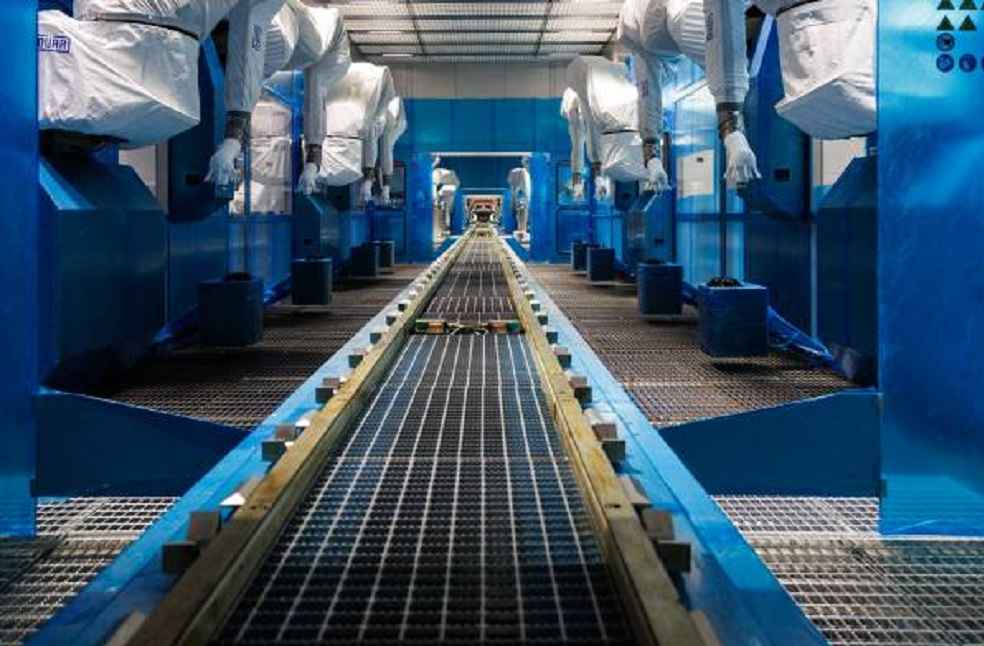The BMW Group is rapidly advancing the use of its Virtual Factory, a comprehensive digital twin of over 30 global production sites, to revolutionize how it plans, tests, and optimizes manufacturing operations. This shift to virtual planning is part of the company’s broader iFACTORY strategy and is expected to cut production planning costs by up to 30%.
With more than 40 new or updated vehicle models scheduled for integration into BMW’s global production network by 2027, the company is simulating each rollout virtually before implementation. This approach ensures a high level of stability and readiness across its facilities, dramatically reducing the time and resources required for pre-launch validation.

At the heart of the Virtual Factory is a sophisticated system that digitally links building layouts, equipment, logistics, vehicle designs, and manual processes. Using a 3D metaverse platform built on NVIDIA Omniverse, BMW performs real-time simulations to fine-tune plant layouts, robotic systems, and logistics flows. The platform continues to evolve, integrating generative and agentic AI assistants to support decision-making and optimization.
One standout capability is the automation of collision checks for new vehicle models. Using detailed construction data and 3D scans, BMW can now simulate vehicle movements through production lines in just three days, a process that previously took up to four weeks and required physical prototypes, labor-intensive handling, and significant operational disruptions, especially in areas like paint shops.

Previously, physical vehicle bodies had to be manually moved through the line, often during weekend downtimes, to detect collision points. In the paint shop, this sometimes meant draining and cleaning dip coating tanks, a costly and time-consuming effort. Today, these steps are replaced by high-speed, digital alternatives that improve accuracy while reducing impact on live operations.
The Virtual Factory also supports a growing number of scalable use cases, such as human simulation for refining manual workflows and the automated extraction of environment maps from 3D scans to optimize smart transport systems.
By industrializing its Virtual Factory, the BMW Group is setting a new benchmark in digital manufacturing, combining precision, efficiency, and agility to future-proof its global production capabilities.
OBSERVATION | Russia’s Auto Industry Reshaped by Sanctions, OEM Exit, and Chinese Entry





